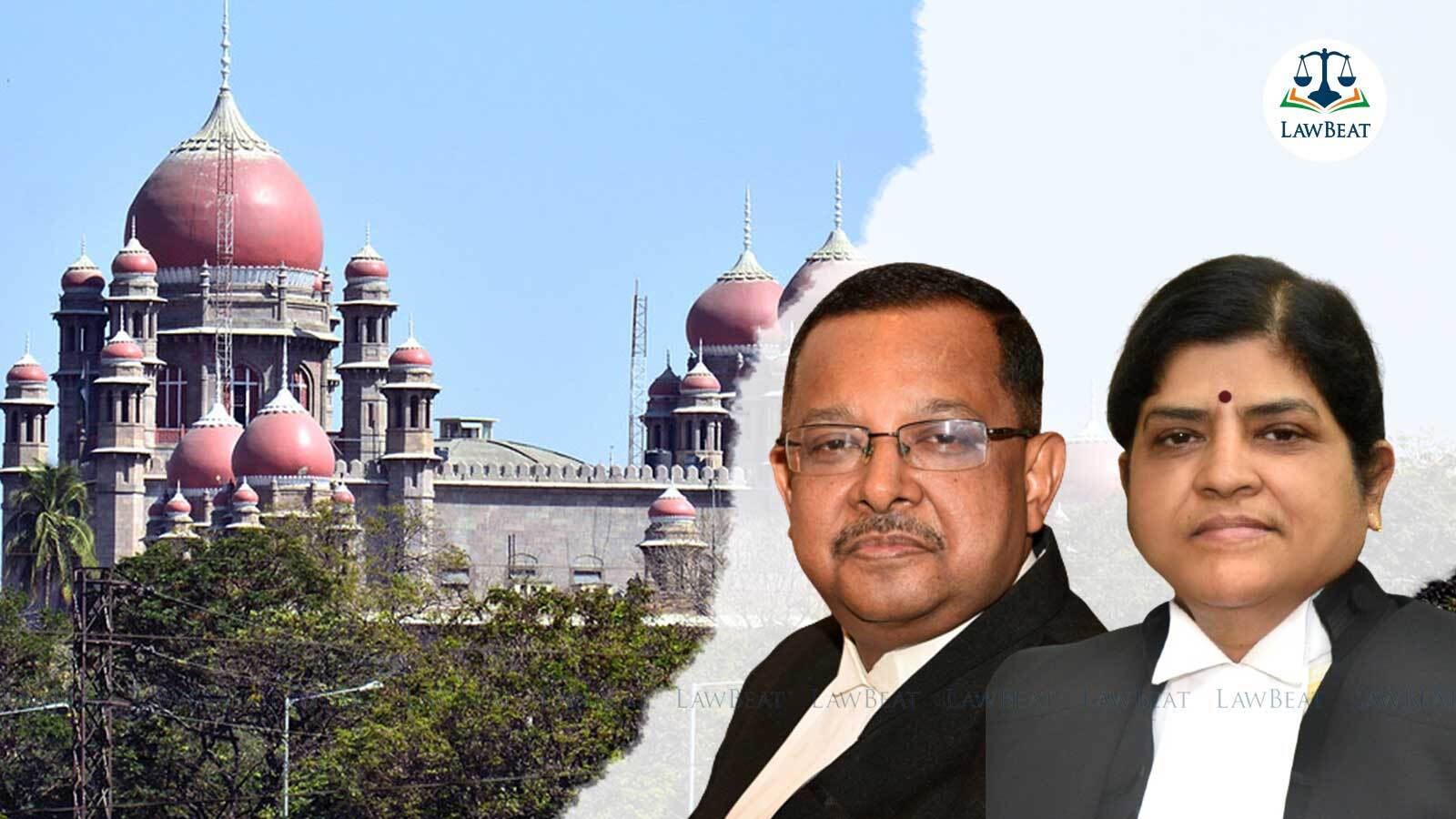Can a repealed act be amended? Telangana High Court answers

Telangana High Court has struck down the Telangana Value Added Tax (Second Amendment) Act, 2017 while noting that a unified GST regime for the country was brought in to avoid duplicity of taxes.
The Telangana High Court recently held that a repealed (revoked) act cannot be amended. High Court has made these observations while striking down the Telangana Value Added Tax (Second Amendment) Act, 2017.
A Chief Justice Ujjal Bhuyan led bench has held that once the VAT Act stood repealed with effect from 01.07.2017, after the introduction of the Telangana Goods and Services Act, except for the limited categories of goods specified in substituted Entry 54 of List II of the VII Schedule, question of amending the repealed act in respect of those goods by virtue of the Second Amendment Act would not arise.
"Not only the Second Amendment Act cannot be traced to Article 246 of the Constitution read with Entry 54 of List II of the VII Schedule, the same cannot also be sustained as a stand alone legislation of the State under Article 246A of the Constitution in the absence of simultaneous legislation by the Parliament", a bench also comprising of Justice P Madhavi Devi held.
While setting aside the VAT Second Amendment Act, the High Court found that Section 19 of the Constitution (101st Amendment) Act, 2016 provided for a window period to the States to remove any inconsistent enactments by way of amendment or repeal or until expiration of one year from such commencement whichever was earlier.
Referring to the Ordinance which brought in the VAT second Amendment Act, it was noted that as per preamble to the Ordinance, it was stated that Government of India had enacted the CGST Act and Government of Telangana had enacted the TGST Act, but both the Acts had not been brought into force.
It was the case of petitioners before the Court that State of Telangana was denuded of legislative competence to enact the Second Amendment Act after the Constitution (101st Amendment) Act, 2016 and after enactment of the CGST Act and TGST Act.
The amended Act is said to have given an undue advantage to assessing authorities who can take six years to tax or revise the tax, which was earlier limited to four years.
On the other hand, time given to the aggrieved traders to prefer an appeal before a revisional authority was reduced to 30 days from the earlier 60 days by the said Amended Act.
High Court in this regard noted that Section 19 of the Constitution (101st Amendment) Act, 2016, was to be construed to be a sunset clause, providing for a window of one year to remove the laws inconsistent with the Constitution Amendment Act either by way of amendment or by way of repeal.
"The window period was given to remove the inconsistencies; not to prolong the inconsistencies. But what the State of Telangana did by promulgating the Ordinance was not to remove the inconsistencies in the VAT Act....in fact, introduced certain 106 provisions extending limitation to enable initiation of fresh proceedings, such as, revisional proceedings which are completely inconsistent with the scheme of the Constitution Amendment Act. On this ground itself, the Ordinance can be said to have no legal consequence", the Court held.
Dealing with the intention of the Parliament in enacting the Constitution Amendment Act, 2016, court said,
"Intention of Parliament in ushering in the GST regime through the Constitution Amendment Act and enactment of the CGST Act and simultaneous enactment of various State GST Acts by the State Legislatures is to avoid multiplicity of taxes by subsuming those indirect taxes in a single tax called GST."
Case Title: M/s. Sri Sri Engineering Works and others vs. The Deputy Commissioner (CT), Begumpet Division, Hyderabad, and others.
